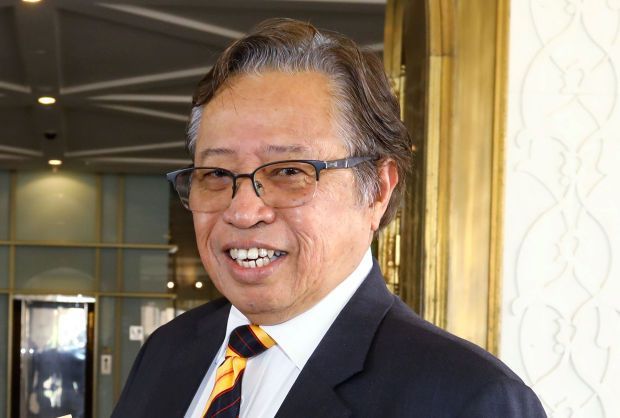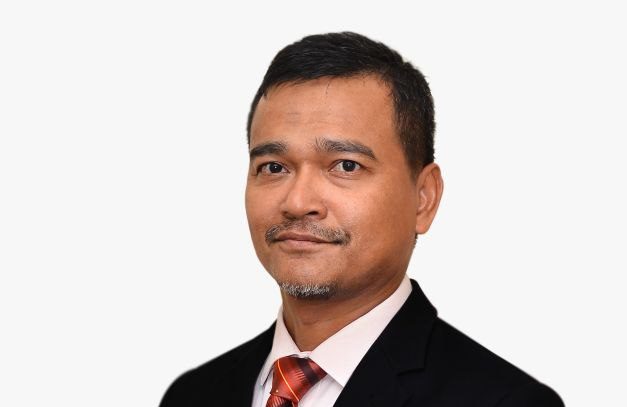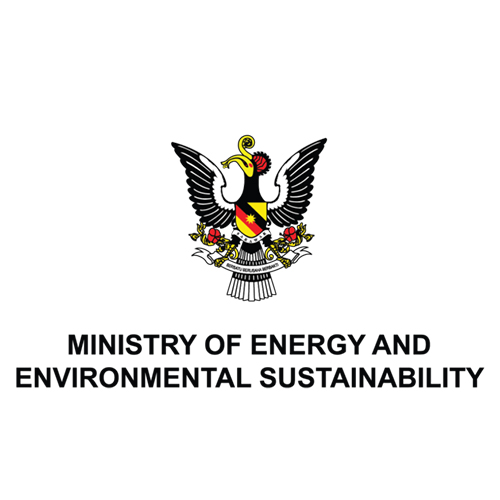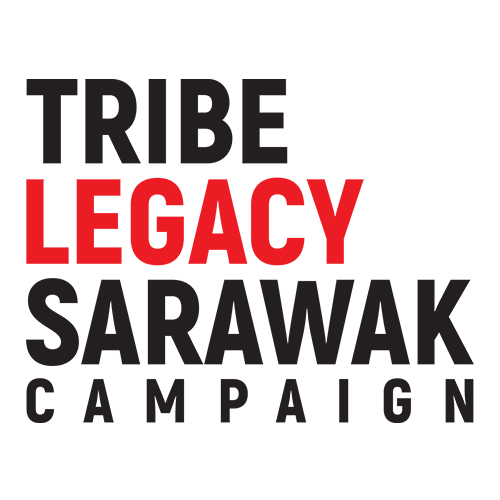KUCHING: Sarawak has the potential to create carbon sinks from its permanent forest, promote carbon sequestration and undertake tree planting schemes for carbon credits, says Premier Datuk Patinggi Abang Johari Tun Openg.
The initiative can provide the state with a new source of revenue ranging from RM315mil to RM1.04bil annually, he said.
“This new approach to forest management represents a shift from traditional revenue-generating logging of merchantable timber to a more sustainable, long-term approach to prioritise conservation, reforestation and regeneration.
“In doing so, we are aligning ourselves with global efforts to mitigate the effects of climate change and global warming while also supporting the sustainable new development goals,” he said when opening Asia Carbon conference 2023 here yesterday.
Johari said 62% of the state’s total land area are under forest cover. Of these, six million ha are permanent forest and an additional one million ha are protected areas.
He said under the Earth, Sea and Sky initiatives launched by Sarawak Forestry Corp two years ago, the terrestrial component or Earth focuses on rewilding initiative that including replanting indigenous seedlings.
On the marine front, the number of reef balls deployed to protect Sarawak’s seas is expected to exceed 20,000 in the next two years from over 17,000 currently.
A sublime fusion of artistic expression and technical precision
These reef balls, he said, promote the regrowth of seagrass beds and provide a haven for fish nurseries which will contribute to Sarawak’s future blue carbon stocks.
“Through the Earth, Sea and Sky initiative, Sarawak is firmly committed to sustainable forest management and preserving Sarawak’s rich biodiversity for generations to come.”
He said Sarawak has an immense potential for carbon storage, estimated at 30 trillion cubic meters in the seabed of its continental shelf.
“Our offshore depleted or abandoned petroleum fields are ideal for secured and permanent storage of captured carbon dioxide (CO2). This represents a significant opportunity for oil and gas companies to fulfil their obligations to reduce CO2 emissions.
“I am thrilled to share that the RM4.5bil mega carbon capture and storage (CCS) project off Bintulu, northern Sarawak, in the Kasawari gas field by Petroliam Nasional Bhd (PETRONAS), is poised to revolutionise the regional upstream oil and gas industry.
“This change-changing initiative will not only drive innovation in the sector but also mark a significant step towards sustainable energy production, benefiting both the industry and the environment.
“This project is expected to reduce up to 3.3 million tonnes of CO2 each year, making it one of the largest offshore CCS projects in the world. This milestone puts Sarawak on the map as a global leader in this technology.”
Johari said Sarawak has recently signed a memorandum of understanding with POSCO Group to jointly conduct a feasibility analysis on a ground-breaking CCS project.
He said reputable companies from Singapore and Japan have expressed their keen interest in participating and investing in carbon capture, utilisation and storage (CCUS) ventures in Sarawak.
State-owned Petroleum Sarawak Bhd (Petros) is playing a leading role in the development of CCS industry in Sarawak.
Johari said a comprehensive CCS roadmap would be developed, outlining the strategies and actions necessary to realise the full potential of the CCS value chain in Sarawak.
Firstly, CCS will enable the commercialisation of otherwise stranded sour gas reserves that contain high levels of carbon dioxide in the natural gas mixture, primarily offshore Sarawak.
This will generate direct and indirect revenue for the state through royalty, taxes, income and local economic multiplier effects while providing opportunities for local contractors to develop their capabilities in these industries.
Secondly, CCS will ensure long-term energy and gas supply security in Sarawak, which aspires to achieve an energy mix of 70% hydro and 30% thermal plus alternative renewables to establish sustainable energy security. The additional gas unlocked by CCS also allows the state to progress its Sarawak Gas Roadmap, attracting foreign direct investment and enabling the maturation of blue and green hydrogen and its derivatives, industries in the region.
“Thirdly, the base CCS infrastructure established by the sour gas field development can be further expanded to allow other CO2 emitters, both local and foreign, to capture and store it, presenting business opportunities for local resources to operate CCS infrastructure.
“This will generate revenue and further developed local capabilities, presenting an opportunity for Sarawak to position itself as a hub for CCS technology and expertise,” added Johari.
He said Sarawak has a world-scale potential for carbon dioxide storage, estimated to be around nine billion tonnes.
